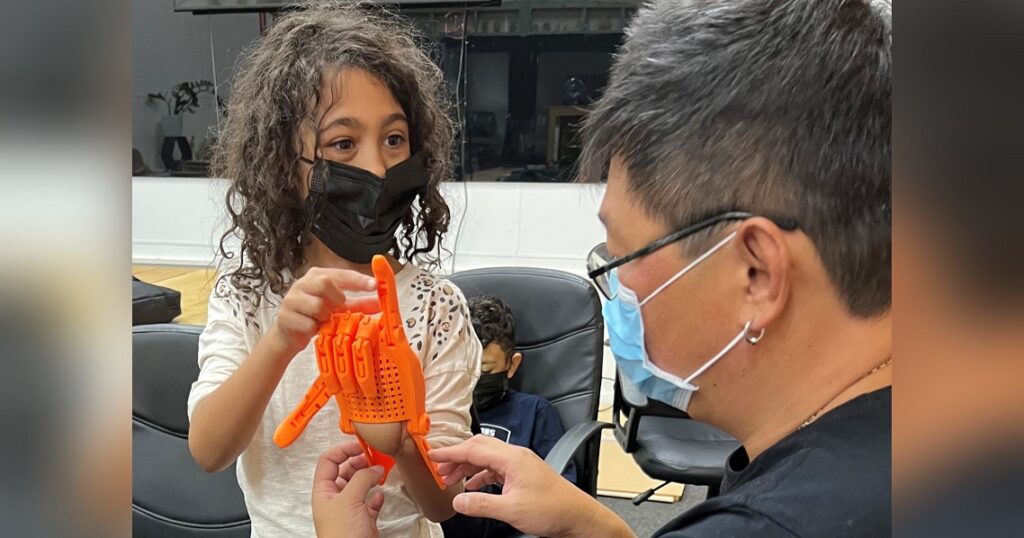
The team at MAKI Space has helped little Lexi Briggs regain her independence through the innovation and development of a 3D printed prosthetic hand.
The seven year old Bundaberg girl lost part of her hand in a lawnmower accident five years ago.
Now, with the help of designers, technicians and therapists from Community Lifestyle Support and the MAKI Space team, she is able to do the things she loves again with ease, like riding her scooter and bike.
Lexi’s mum Janice Briggs first met with the team at Community Lifestyle Support’s MAKI Space in November last year for initial discussions about the 3D printed hand for her daughter.
While MAKI Space was originally created to help CLS clients solve everyday issues with mobility and accessibility, the business has evolved over time to provide custom jobs including 3D printing.
MAKI Space graphic designer Jenni Miners said the creation of Lexi’s prosthetic hand was a result of fantastic teamwork from a range of MAKI Space and Community Lifestyle Support staff.
“Occupational therapist Kirsty Stewart and MAKI Space technician Emerson Ysayama spent time working together to make sure they created the optimal fit for Lexi without causing further damage to her hand,” Jenni said.
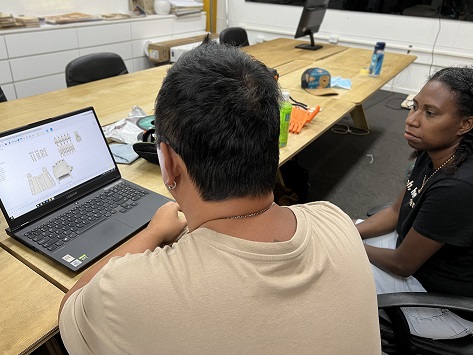
“When she put the hand on, the smile that was on Lexi’s face while she completed the simplest of tasks like holding a cup and giving a thumbs up has been an incredible thing to witness.
“The team takes great pride in knowing that we are helping to make a positive difference in our amazing community.”
MAKI Space technician Emerson Ysayama said the development of the 3D printed hand was the perfect solution for the growing seven-year-old.
“The idea is to improve Lexi’s quality of life without compromising other aspects of her development,” he said.
“For a child that is still growing, the cost of a prosthetic limb is even higher than the average $15,000, as multiple devices are needed until their adulthood.
“3D printing materials have come a long way in terms of strength, durability, flexibility and thermal properties.
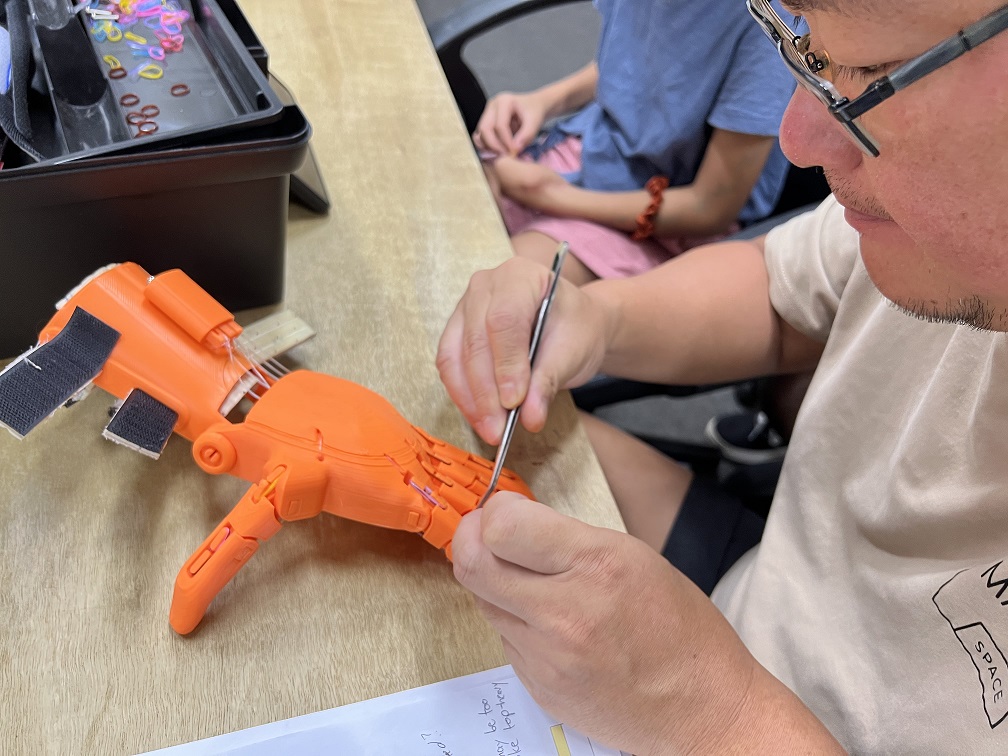
“Along with the evolution of the materials and the popularity of 3D printers, it became a logical path for creating such products.”
Emerson said there was no one-size-fits-all approach to the development of the prosthetic hand, with the team working hard to ensure a perfect fit for Lexi.
“Every person has a different need,” he said.
“Even though we didn’t start the project from the ground- we downloaded and tested numerous models- we still had to accommodate the shape of Lexi’s hand and the movements that she is capable of doing.
“The MAKI Space is very lucky to have access to CLS resources, such as the Allied Health Centre which has been crucial with help from CLS’ Occupational Therapist Kirsty Stewart, we were able to assess Lexi’s needs and evaluate the risks of each model.”
To ensure that the design was a sustainable solution for the family moving forward, Emerson has mentored parents Janice and Craig on how to modify and print any changes needed in the future.
“In the future (in case one-part breaks or Lexi grows out of the prosthetic) they don’t need to rely on anyone to assist them, they can simply purchase the materials and book one of the 3D printers themselves,” he said.
“Now that we have a functional prototype, we will start working on improving her grip and movements and of course, print the hand using Wonder Woman colours.
“We have been working with an online community that focus on using 3D printers to make low-cost prosthetic limb devices for children and adults in need.”
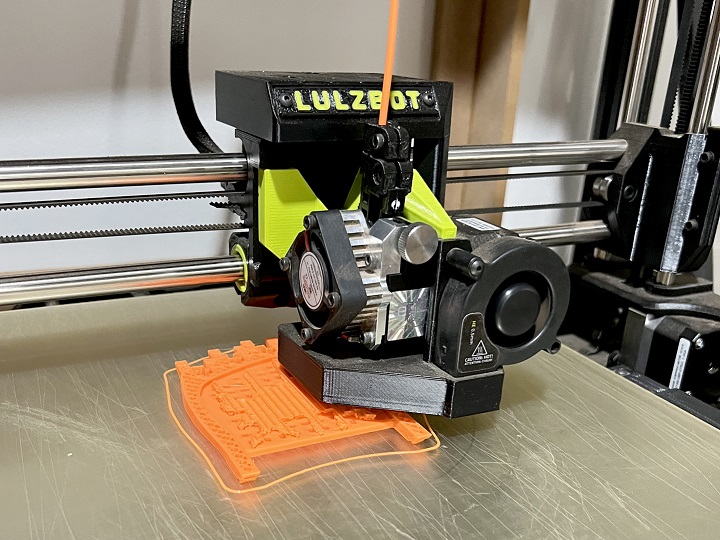
Lexi overjoyed with new hand
Lexi said her new hand had not only helped her to be able to grip objects better, it was also allowing her to get back to doing what she loved.
“It’s helped me ride my scooter and bike properly and balance and I also have a better grip holding things like a can or cup,” she said.
Lexi’s mother Janice said the design had given Lexi more opportunity to be independent and have confidence in herself to complete everyday activities.
“Being fitted with the prosthetic means a lot more opportunities for Lexi,” Janice said.
“It also means not having to see Lexi go through multiple surgeries to reconstruct her hand.
“We want her to grow up embracing her hand and being fitted with one has given her a lot of confidence in herself attempting to complete an activity.”
Due to delayed delivery services, Lexi is currently having to use hair elastic bands for the hand.
If any local orthodontic businesses can help by donating bracer bands to help further and ease Lexi’s finger movements, please get in touch with MAKI Space.
Other stories: Mabel Matthews hits tee-riffic milestone



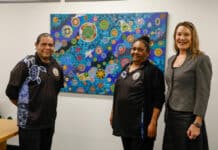




Great story.